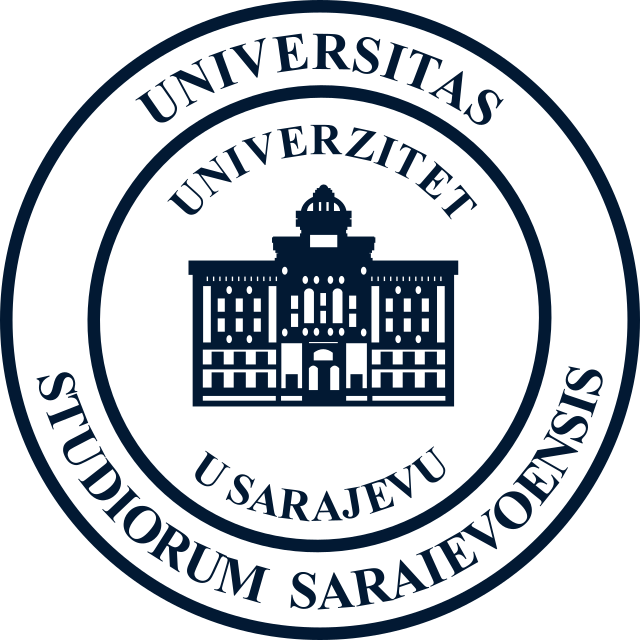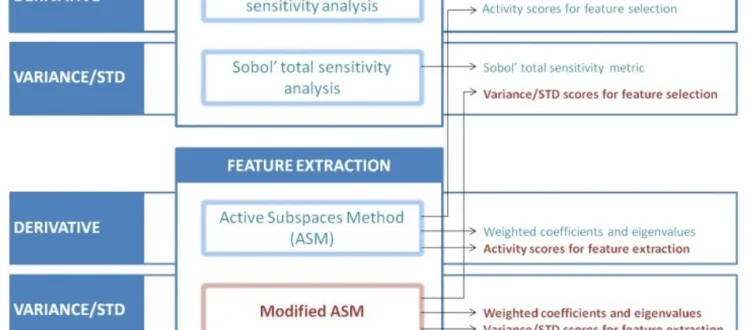Istraživački članak objavljen u Scientific Reports
Naziv članka
Dimensionality Reduction of Independent Influence Factors in the Objective Evaluation of Quality of Experience
Autori
- Fatima Skaka-Čekić
- Faculty of Electrical Engineering, Department for Telecommunications, University of Sarajevo, Sarajevo, Bosnia and Herzegovina
- BH Telecom, Joint Stock Company, Sarajevo, Bosnia and Herzegovina
- Jasmina Baraković Husić
- Faculty of Electrical Engineering, Department for Telecommunications, University of Sarajevo, Sarajevo, Bosnia and Herzegovina
- BH Telecom, Joint Stock Company, Sarajevo, Bosnia and Herzegovina
-
- Faculty of Science, Department of Mathematic, University of Sarajevo, Sarajevo, Bosnia and Herzegovina
-
- Faculty of Electrical Engineering, Department for Telecommunications, University of Sarajevo, Sarajevo, Bosnia and Herzegovina
-
- Faculty of Electrical Engineering, Department for Telecommunications, University of Sarajevo, Sarajevo, Bosnia and Herzegovina
- BH Telecom, Joint Stock Company, Sarajevo, Bosnia and Herzegovina
-
- Department of Computer Science, Lund University, Lund, Sweden
Sažetak
Big Data analytics and Artificial Intelligence (AI) technologies have become the focus of recent research due to the large amount of data. Dimensionality reduction techniques are recognized as an important step in these analyses. The multidimensional nature of Quality of Experience (QoE) is based on a set of Influence Factors (IFs) whose dimensionality is preferable to be higher due to better QoE prediction. As a consequence, dimensionality issues occur in QoE prediction models. This paper gives an overview of the used dimensionality reduction technique in QoE modeling and proposes modification and use of Active Subspaces Method (ASM) for dimensionality reduction. Proposed modified ASM (mASM) uses variance/standard deviation as a measure of function variability. A straightforward benefit of proposed modification is the possibility of its application in cases when discrete or categorical IFs are included. Application of modified ASM is not restricted to QoE modeling only. Obtained results show that QoE function is mostly flat for small variations of input IFs which is an additional motive to propose a modification of the standard version of ASM. This study proposes several metrics that can be used to compare different dimensionality reduction approaches. We prove that the percentage of function variability described by an appropriate linear combination(s) of input IFs is always greater or equal to the percentage that corresponds to the selection of input IF(s) when the reduction degree is the same. Thus, the proposed method and metrics are useful when optimizing the number of IFs for QoE prediction and a better understanding of IFs space in terms of QoE.
Citat
Skaka-Čekić, F., Baraković Husić, J., Odžak, A. et al. Dimensionality reduction of independent influence factors in the objective evaluation of quality of experience. Sci Rep 12, 10320 (2022). https://doi.org/10.1038/s41598-022-13803-z
Naziv časopisa
Scientific Reports
Elektronski ISSN
Izdavač
Springer Nature
Faktor uticaja
5.134 (2021)





















